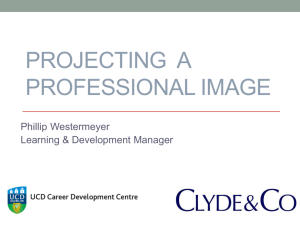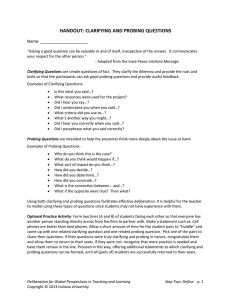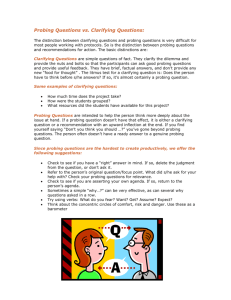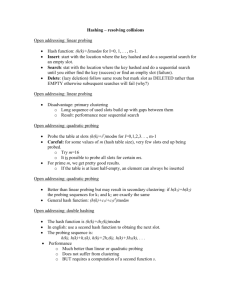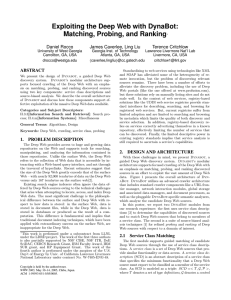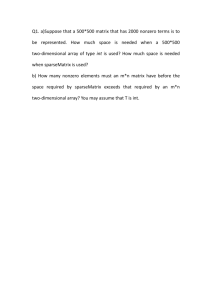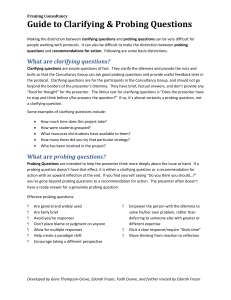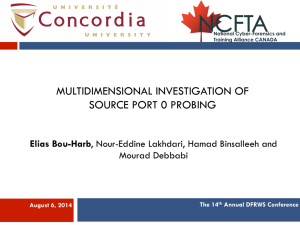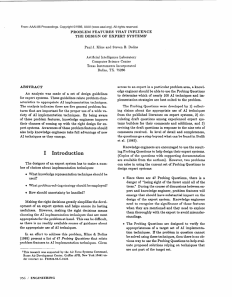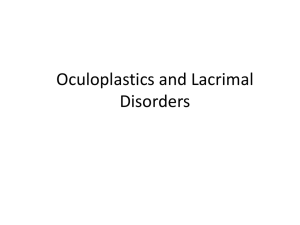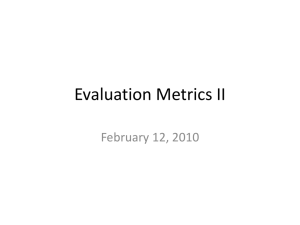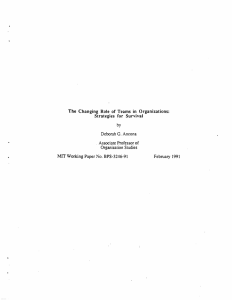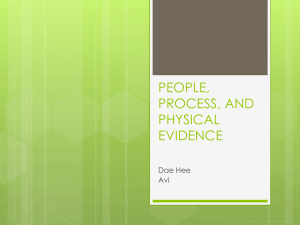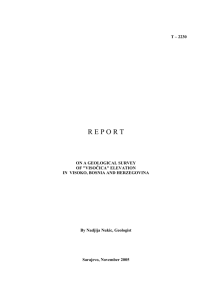A Guide to Probing Questions - Wisconsin Peer Coaching
advertisement
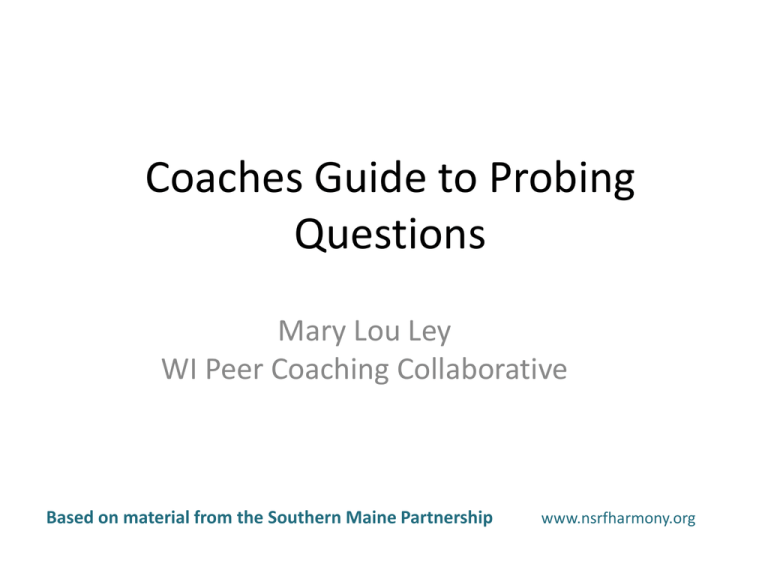
Coaches Guide to Probing Questions Mary Lou Ley WI Peer Coaching Collaborative Based on material from the Southern Maine Partnership www.nsrfharmony.org People tend to ask more detailed clarifying questions that pertain to what the speaker wishes to say or know, rather than questions clearly for the benefit of the presenter. Probing Questions are Tricky The quality of a Probing Question is determined by: Its impact on the receiver What makes a probing question a good one? Are for the benefit of the receiver and the colleagues and students he/she impacts Deepen and expand thinking and conversation Sustain thinking beyond the moment Are relevant and important to the receiver Keep learning at the center Are concise Elicit a slow, reflective response Are exploratory - they do not contain explicit recommendations or directives Are non-judgmental - neutral rather than positive or negative Attributes Judgments are expressed in a variety of ways: • word choice, • “tone” of voice, and • body language. We choose when and how we express our judgments. Guard against asking probing questions that: • contain an expression of negative judgment, e.g. “Why, in heaven’s name, did you do that?”, or • “Don’t you think you should at least try to…?” Judgments cause people to shut down Expression of negative judgments puts people in the “Danger Zone” Comfort Discomfort Risk Danger Don’t avoid discomfort and risk Honor your trust level • a. What criteria did you use to…? • b. How did you decide/conclude that…? • c. How was __________ different from __________? • d. What’s your hunch about…? • e. What do you think the connection is between ___________ and ___________? Examples of good exploratory probing questions: What’s another way you could…? What sort of impact would there be if you…? What would it look like if you…? What might you see happening if you…? What would have to change in order for…? What would happen if…? Examples of suggestive but still probing questions: • What could you do that might cause x to…? • Have you considered/explored/looked into/thought about…? • Would it be possible to…? • Is there a way to…? • How would it work if you…? • Do you think there needs to be…? Examples of probing questions:
